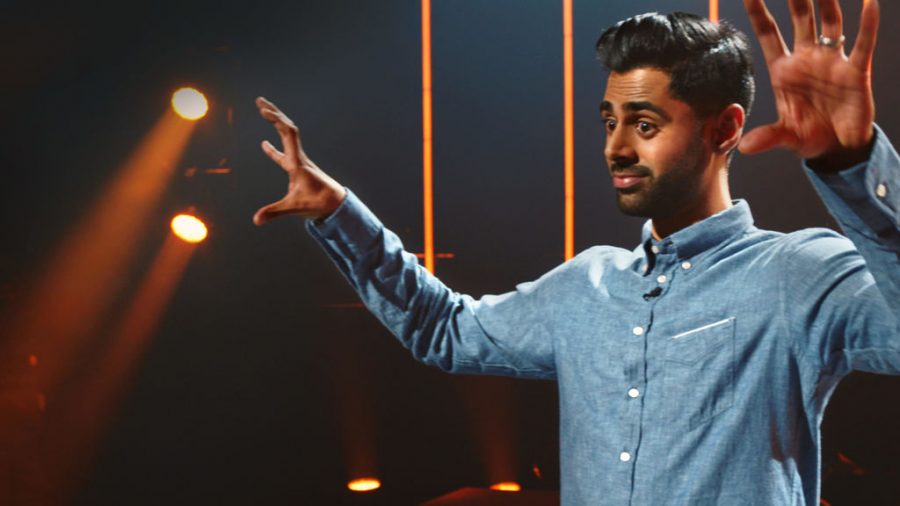“New brown America wouldn’t be possible without black America. The struggle that black America had to endure, we should take an incredible amount of inspiration and we should be indebted to them. They’ve been through this stuff before,” quips Hasan Minhaj.”
Contrary to what one may think, not all brown Americans (South Asia, Middle East and surrounding) share a united front with black Americans. Deep rooted colorism, among other factors, have borne a negative sentiment towards black Americans by many members of brown America. As generations turn, this trend has declined; however, offhand remarks, callous language and persistent colorism belay the reality that brown America doesn’t unanimously stand behind the struggles of black America. And we should.
As I have previously touched on, brown American sociological development seems to mimic that of larger minorities. By the time most brown people had immigrated to America in the first major wave of the 70s, black Americans had already laid the groundwork for assimilation. Brown America owes its relatively easier integration into American life to the struggles of black Americans. The evidence of this is everywhere, merely click on the blue app with the bird.
#Reclaimthebindi blew up Twitter timelines when it was trending. This motion to take back an element of “Brown Culture,” from appropriating, capitalist white people resonated with us. South Asian Americans are able — nay, allowed — to lament the appropriation of our culture, because we are so much less affected by other racial and cultural issues. The black identity in America never had a voice calling for its preservation, like South Asian Americans do. Black America had much more to deal with.
Systemic institutionalized racism exists — don’t @ me, take it up with Ben & Jerry’s. And black Americans, for centuries, have felt the worst of it. And as they were pushed down, other minorities, brown America particularly, have been elevated to “model minority” status. And although model minorities like brown America are still victims to hate crimes, the benefits of the label include better integration and acceptance whereas other minority counterparts are scapegoated. In this way, brown America has black America to thank for our rapid acceleration of position and accumulation of wealth in America.
For every road black people paved, it also taught brown people a lesson. In a political climate that steadily ostracizes members of brown America more, we have taken the example of black America in an effort to preserve our racial and cultural integrity. For every Dave Chapelle, we developed our Hasan Minhaj, for every Langston Hughes, we promoted our Rupi Kaur. Black America, while teaching us how to push back, also taught us to love ourselves and be unapologetically brown.
Trevor Noah once asked Tomi Lahren, “What is the right way for a black person to get attention in America?” Neither rhetorical, nor answered, the burden of answering this question falls, yet again, upon black America. There may come a day when the question applies to Latinos, Asian Americans, or brown America. To find the answer, it’s in the best interest of other minorities to stand in solidarity with black causes.
Batlanki is a neuroscience sophomore from Flower Mound. Follow him on Twitter @RohanBatlanki.





















